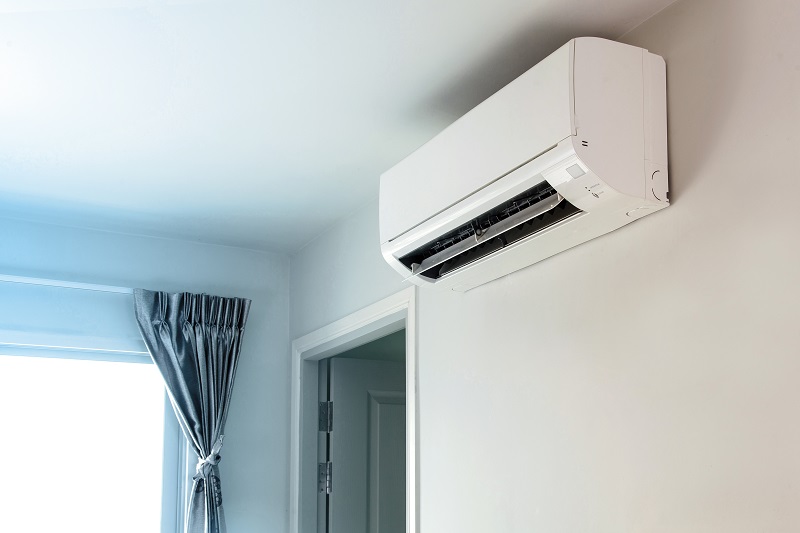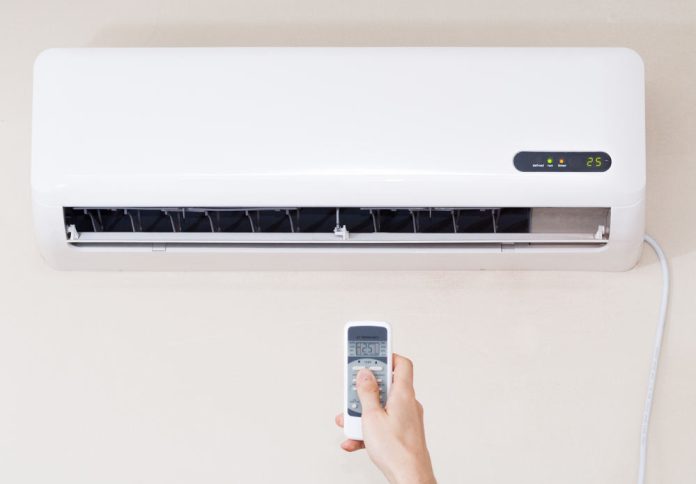Ever sat comfortably in a room only to find yourself checking the thermostat every other minute because it’s either too hot or too cold? Or have you, on countless occasions, embarked on a seemingly endless search to find that sweet spot between functionality and energy efficiency for your air conditioning (AC) system? If yes, then you’re in the right place.
In today’s fast-paced world where technology reigns supreme and comfort is king, optimizing your AC system is not just a luxury but a necessity. This vital piece of equipment not only determines the comfort level but can also impact energy costs, making it essential to understand how we can maximize its performance. This blog is designed to arm you with practical tips and tricks to optimize your air conditioning system.
As we journey together in this read, we will discuss essential aspects of air conditioning, visit some common problems that impact efficiency and provide practical solutions. From understanding your AC system to routine maintenance actions, this guide aims to turn you into a seasoned pro on everything ‘air conditioning’.
Understanding your AC System: The Basics
Before we dive into ways to optimize your air conditioning system, it’s essential to understand the basic structure and working principle of an AC unit. This understanding allows you to make informed decisions regarding its operation and maintenance. An average AC unit consists of two primary components: the indoor unit or air handler, and the outdoor unit or the condenser.
The primary function of an air conditioning system is to remove heat from the home, exchange it with cooler air and distribute this cool air throughout your living spaces. This process is facilitated by a refrigerant — a compound that absorbs heat and expels it outside. Comprehending these basics inevitably makes understanding optimization techniques a walk in the park.
Regular Maintenance: The Backbone of Efficiency
One cannot overemphasize the impact of regular maintenance on the functionality and longevity of your AC system. Just like a car demands routine checks to keep it running smoothly, your AC system also thrives on a rotational maintenance schedule. Here’s what maintenance includes: cleaning the coils, replacing filters, checking refrigerant levels, and inspecting the system for potential trouble points like leaks.
Regular maintenance not only boosts the efficiency of your AC system but also helps circumvent future problems that can result in expensive repairs. It’s a preventative measure that ensures the smooth running of all components, reduces energy usage, and prolongs the system’s lifespan, making it an essential cog in the wheel of AC optimization.
Thermostat Settings: Precision Matters
The thermostat is the control tower of your AC system, dictating its function based on the settings you input. It’s all about precision when it comes to the thermostat. Incorrect settings could lead to an uncomfortable indoor climate and high-energy consumption.
A highly recommended practice involves curating a suitable temperature range for different times of the day on programmable thermostats. At night, when temperatures are cooler, allow the AC to run at a higher temperature and vice versa during the day. A little time spent finding your homes’ perfect temperature sweet spot pays off exponentially in terms of comfort and cost-effectiveness.

Rethink your Home’s Insulation
Inadequate or worn out insulation will force your AC system to work excessively hard to maintain an optimal temperature. This means more energy consumption and higher bills. While incorporating high-quality insulation in your home requires a sizeable initial investment, it significantly reduces heat gain, thereby enhancing the efficiency of your AC system in the long run.
Invest in Energy-Efficient Units
While maintaining your old AC unit and optimizing its settings can significantly improve efficiency, nothing beats the prowess of modern energy-efficient models. These air conditioners showcase advanced technologies like variable speed motors and multi-stage compressors that significantly reduce energy consumption, making these models a worthwhile investment for long-term benefits.
The Role of Ventilation
Ventilation plays a crucial part in creating a comfortable and healthy living environment. Adequate ventilation allows your AC system to effectively exchange indoor and outdoor air, reducing the load on your AC system and thus improving energy efficiency. Therefore, in addition to your AC system, it’s advisable to include other ventilation methods such as exhaust fans, vented skylights, or operable windows.
Conclusion
Optimizing your air conditioning system is a balancing act that requires a blend of understanding, practical actions, and smart investments. Subtle changes like regular maintenance, precision in thermostat settings, rethinking insulation, and considering ventilation can significantly enhance your AC system’s functionality and energy efficiency.
Remember, while the rate at which technology is evolving offers innovative solutions like energy-efficient models, those come with a higher initial cost. However, they promise long-term savings, making them a compelling choice. Knowledge is power, and with this comprehensive guide, you are now equipped to maximize comfort while minimizing energy consumption for a sustainable future.








